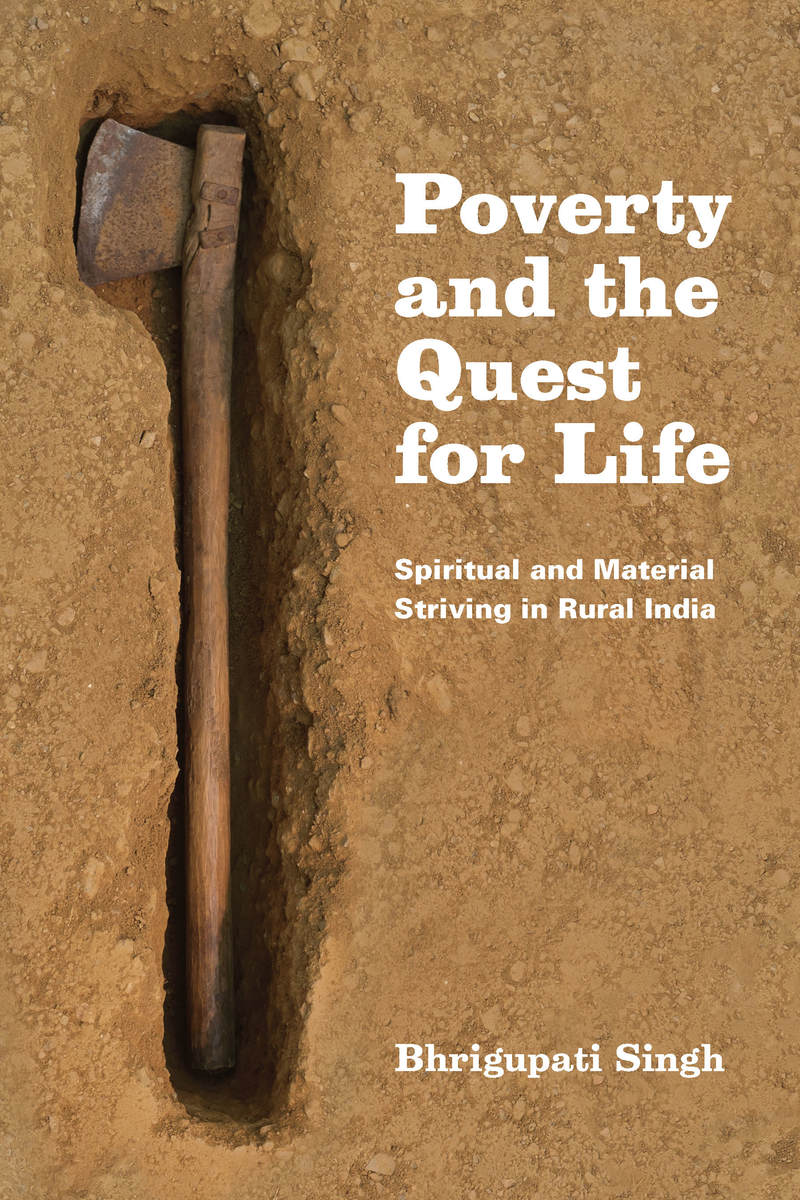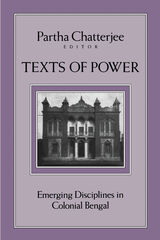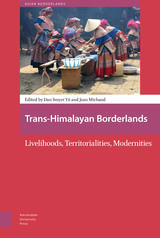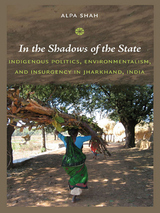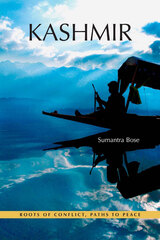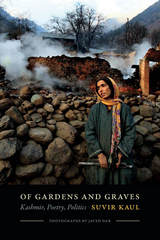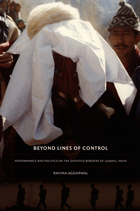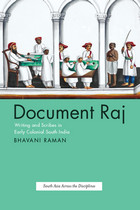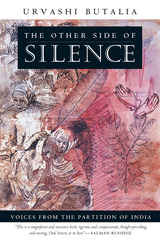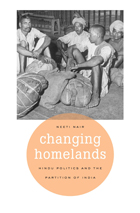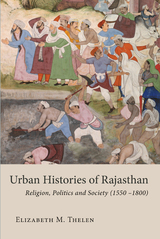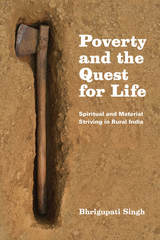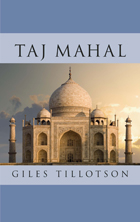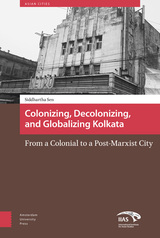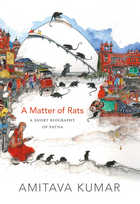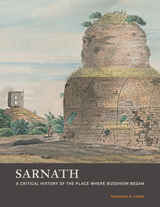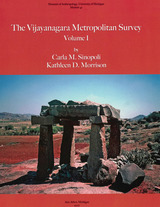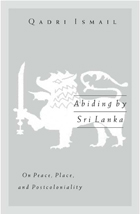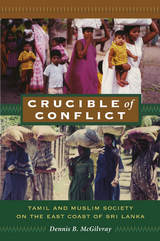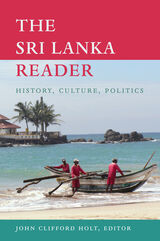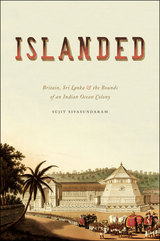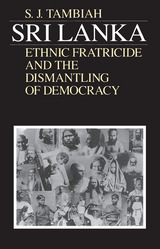“Poverty and the Quest for Life is a brilliant ethnographic exploration of the complex internal contradictions and tensions in a cultural milieu too long dominated by the sere binarisms of structuralist thought. Singh provides deep insights into the economics of survival, caste relations, forms of worship, and the ethics of sexual passion, never shying away from the problem of describing evanescent phenomena that escape more flatfooted authors or from the meat-and-potatoes aspects of economics.”
— Michael Herzfeld, author of Evicted from Eternity
“Overflowing with life in all its practical, religious, political, and aesthetic facets, this extraordinary ethnography stuns the reader with its account of poverty in rural India—not only as a complicated issue for policy, but as the grounds for rethinking how ethnographers study the ordinary and what the quality of life itself means.”
— Arthur Kleinman, Harvard University
“Poverty and the Quest for Life is a love affair with anthropology. It is a scintillating, compelling, innovative work that shows the nearness of sorrow and joy, tragedy and comedy on the stage of the ordinary. Like a miniaturist, Singh pays attention to every tiny detail so that Shahbad becomes that unforgettable place from which we journey into the singularity of lives that, in turn, become our guides into rethinking our conceptual repertoire of life, nomadic gods, subaltern speech, sovereignty, intensity, thresholds, agon, gift, frugality, poverty. This book belongs to the shelf of modern classics.”
— Veena Das, Johns Hopkins University
“Singh is an exploratory thinker and a creative practitioner of what might be called nomadic ethnography. In this study of poverty and the quest for life in India he draws upon gods and visionaries to help us know and feel how life is lived in the zones examined. To do so, he carries us across thresholds of territory, class, time, and exploratory traditions in western and eastern thought. Poverty and the Quest for Life is an original and mesmerizing study which will make everyone who reads it think more deeply about this world.”
— William Connolly, Johns Hopkins University
"For stimulating ethnographic and meditative reflection on moral lives, it was rewarding to engage with Singh’s Poverty and the Quest for Life."
— The Indian Express
"Singh speaks about how his examination of the Sahariyas, a tribe living in extreme poverty in Northwest India, stretches and blurs the boundaries of religion and secularity in studying how the tribespeople reflect on questions of ethics, happiness, and quality of life. His work encourages scholars of religion—particularly those engaging with nonwestern traditions—to develop a comparative vocabulary that goes beyond Eurocentrism and Postcolonialism alike."
— American Academy of Religion
"Bhrigupati Singh’s ethnography of an impoverished region in Rajasthan is a rich and thought provoking account of Shahabad, a remote area of disappearing forests in Rajasthan inhabited by former bonded labourers (Sahariyas), among other groups. . . . with so much ground covered, both conceptually and in terms of topics studied, this book does succeed in compelling us to rethink how the quality of life is understood."
— Pacific Affairs
"Reading this book is like entering a ground fertile with concepts and ideas. It takes the reader on the redemptive quest of realising, in Singh’s words, ‘the abundance of life’."
— South Asia: Journal of South Asian Studies
"Singh inspires the reader to think about poverty, not just about the way the World Bank defines it, but also about what a 'good life' might be to the Sahariya and whether monetary wealth is necessary to
have one. . . The fact that Singh is willing to include himself and his own frailties in his narrative—something many researchers conspicuously try to avoid—is a welcome highlight of his writing. Whenever one spends time living with an individual or a group, one’s presence alters what occurs. Singh is not afraid to acknowledge himself as a part of the conversation. It helps to give perspective and flavor to his observations and interpretations."
— Journal of the American Academy of Religion
